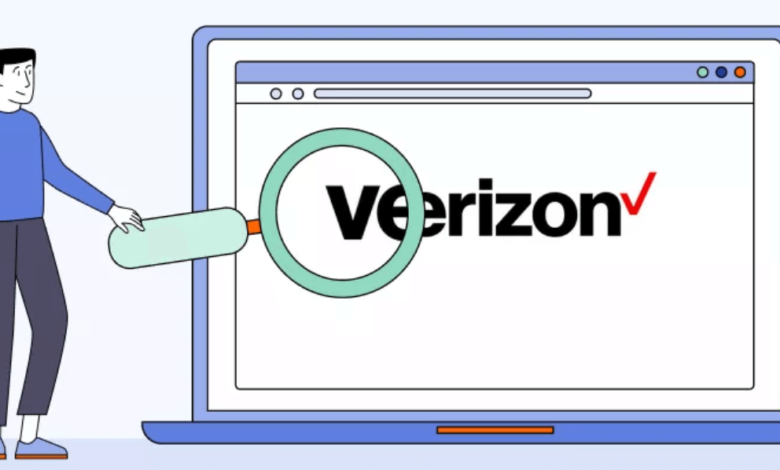Verizon Internet Throttling: Issues Related to Verizon’s Internet Speed Throttling

The issue of Verizon’s internet speed throttling has emerged as a focal point of concern for consumers reliant on seamless connectivity for various digital activities. While Verizon defends its throttling practices as essential for maintaining network integrity and fair distribution of resources, many users report significant slowdowns that hinder their online experiences. This situation raises pertinent questions about the balance between corporate policies and consumer rights, particularly in light of ongoing discussions surrounding net neutrality. As the implications of these practices unfold, a closer examination reveals deeper complexities that warrant further consideration.
Understanding Internet Throttling
Internet throttling, a practice that can significantly impact user experience, refers to the intentional slowing down of internet service by an Internet Service Provider (ISP).
This method often involves bandwidth management strategies aimed at optimizing network performance.
While ISPs may argue that throttling ensures fair usage and resource allocation, it can undermine user freedom and create disparities in access to high-speed internet services.
Reasons for Verizon Throttling
Verizon’s throttling practices stem from a combination of network management strategies and contractual obligations.
Primarily, these measures address data congestion, ensuring equitable bandwidth distribution among users during peak times.
By implementing throttling, Verizon aims to maintain network performance and stability, adhering to service agreements that prioritize network efficiency.
Thus, this practice reflects a calculated response to the complexities of modern data consumption.
Impact on Consumers
Throttling practices have significant implications for consumers, particularly those who rely on high-speed internet for activities such as streaming, gaming, and remote work.
These practices compromise consumer experiences by failing to meet performance expectations, leading to frustration and dissatisfaction.
As users face slower speeds, their ability to engage in seamless online activities diminishes, ultimately impacting their productivity and enjoyment of digital services.
Also read: Verizon Internet Maine: Verizon Home Internet Services in Maine
Legal and Regulatory Considerations
As regulatory bodies increasingly scrutinize internet service providers, the legal landscape surrounding throttling practices has become more complex.
The debate over net neutrality implications highlights the necessity of safeguarding consumer rights against potential abuses.
Legislative measures aim to establish clearer guidelines, ensuring equitable access to internet services while addressing the balance between corporate interests and the fundamental rights of consumers in the digital realm.
Also read: Verizon in Jonesboro Arkansas: Verizon Wireless Services in Jonesboro, Arkansas
Conclusion
In the intricate landscape of digital connectivity, Verizon’s internet speed throttling emerges as a double-edged sword, balancing network management against consumer expectations. This practice, while aimed at maintaining equitable access, casts a shadow over user experiences, particularly during peak times. As the debate surrounding net neutrality intensifies, the call for clearer regulations grows louder, underscoring the urgent need to safeguard consumer rights in an increasingly interconnected world. Without intervention, the digital highway risks becoming a congested thoroughfare, stifling progress and innovation.




